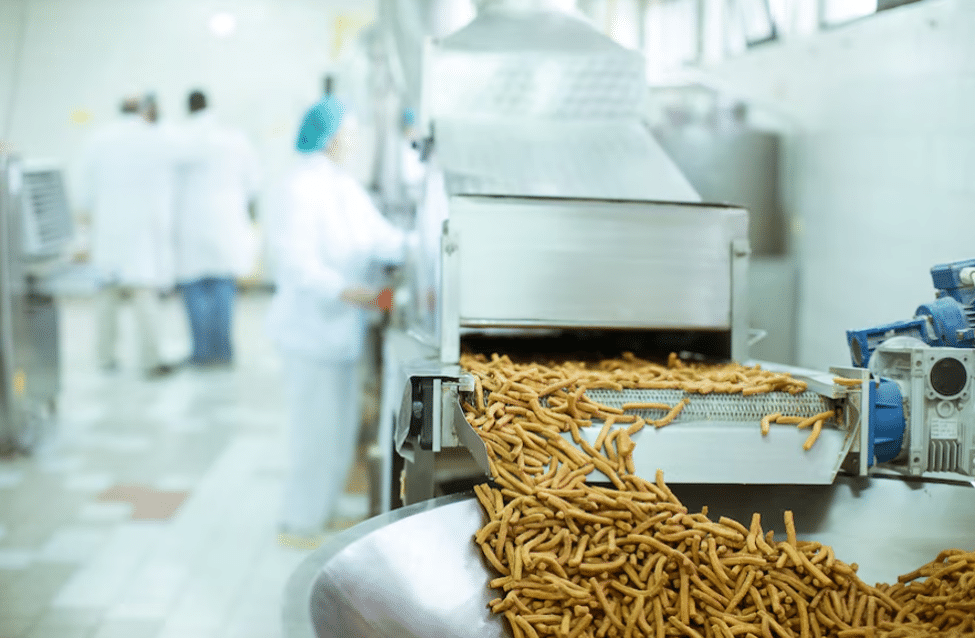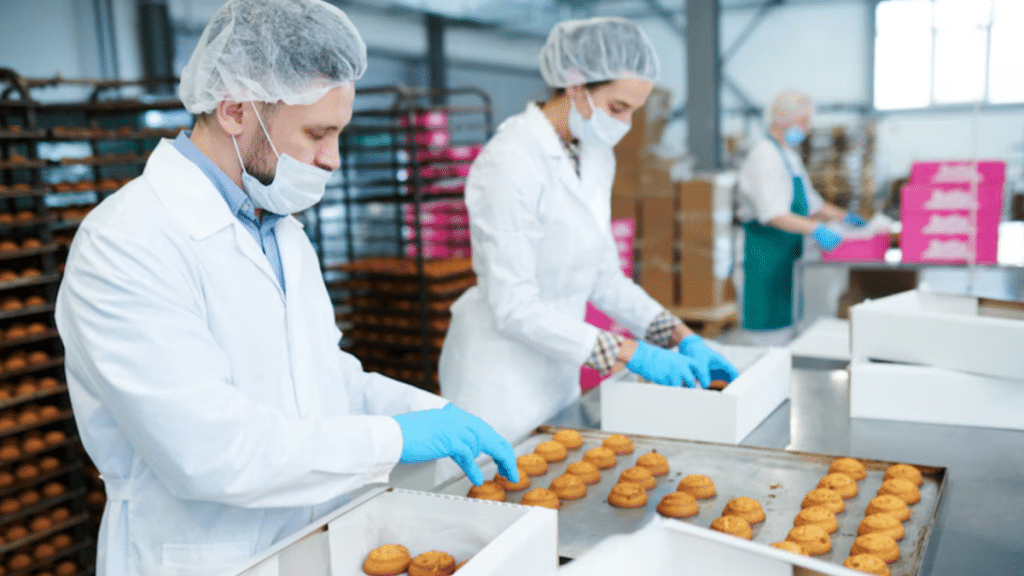The food manufacturing industry stands out as a testament to innovation and efficiency in the bustling business world. The chef who crafts it and the intricate network of manufacturers who provide high-quality ingredients are at the heart of every memorable meal. Keep reading to dive into the multifaceted world of food manufacturing, exploring how passion for product excellence and precision in production processes are shaping the industry’s future.
The Rise of Passion-Driven Manufacturing
The journey of food manufacturing has always been grounded in necessity, but today, it is driven by passion. This transformation is evident in how companies approach their product development and market delivery. Unlike traditional methods that focus solely on volume and cost-efficiency, modern manufacturers prioritize the sensory aspects of food—the taste, texture, and visual appeal that resonate on a personal level with consumers.
Companies are now adopting strategies that emphasize the uniqueness and quality of their offerings. These businesses meet and exceed customer expectations by harnessing innovative technologies and sustainable practices. They understand that a passion for quality can distinguish a brand and foster a loyal customer base in today’s market.
Technology and Innovation in Production
As technology evolves, so too does the landscape of food manufacturing. Cutting-edge advancements in machinery and software have transformed traditional production lines into state-of-the-art facilities capable of unprecedented precision and efficiency. Technology is revolutionizing food business operations, from robotics in assembly lines to AI in supply chain management.
These innovations allow manufacturers to maintain stringent quality controls while scaling up production to meet growing demands. They also facilitate a more nuanced approach to customization, enabling companies to tailor their products to specific consumer preferences without compromising on speed or cost. Integrating these technologies not only boosts productivity but also enhances the overall sustainability of manufacturing processes.
Spotlight on Local Success—Saputo Cheese, California
Local food manufacturers in California, for example, like Saputo Cheese, illustrate the potent combination of community-focused business practices and broad-scale innovation. Saputo, known for its high-quality dairy products, exemplifies how local businesses can achieve global impact. By prioritizing local resources and sustainable practices, they support regional economies while competing in international markets.
This focus on local success does not come at the expense of innovation. On the contrary, companies like Saputo are at the forefront of incorporating advanced technologies and sustainable methodologies into their operations. This helps maintain control over the quality and safety of the food products and craft a brand that is both trusted and valued by consumers. Here, the commitment to community and quality converges with modern manufacturing practices to create products that truly stand out.
Sustainability and Ethical Practices
The importance of sustainability in food manufacturing cannot be overstated. Consumers are more aware than ever of environmental issues, they demand that companies adopt more eco-friendly and ethically sound practices. This shift is pushing the food manufacturing industry toward greener processes, from reducing waste and energy consumption to sourcing ingredients responsibly.
Manufacturers are now embracing the challenge of reducing their carbon footprint all while maintaining productivity as well as profitability. This involves significant changes in how raw materials are sourced, how products are packaged, and how waste is managed. By implementing these sustainable practices, businesses are not only contributing positively to the environment but are also enhancing their brand reputation and gaining a competitive edge in the market.

The Consumer Connection
The relationship between food manufacturers and consumers has evolved into a dynamic dialogue. With everyone using social media and online platforms, consumers are more informed and vocal than ever about their preferences and expectations. This feedback loop has become a critical component of the manufacturing process, informing product development, marketing strategies, and even operational adjustments.
Manufacturers that actively engage with their customers and consider their input are more likely to innovate successfully and build stronger brand loyalty. This connection goes beyond mere transactional interactions; it involves building a community around shared values and interests, significantly enhancing consumer trust and long-term business success.
Future Trends and Predictions
Looking to the future, the food manufacturing industry is poised for even more transformative changes. The integration of advanced technologies such as blockchain for traceability, continued emphasis on sustainability, and the exploration of new food sources, like plant-based proteins and lab-grown meats, are all trends that are expected to shape the industry.
As businesses adapt to these changes, the key will be to maintain the balance between innovation and the core values of quality and customer satisfaction. The companies that can navigate these waters successfully will not only survive but thrive, leading the way in the food manufacturing industry of tomorrow.
The food manufacturing industry is a vibrant landscape of innovation, quality, and consumer engagement. By staying committed to sustainability, engaging with consumers, and continuously embracing innovation, the industry is well-positioned to meet the challenges of the future, maintaining its crucial role at the heart of our kitchens and our cultures.
